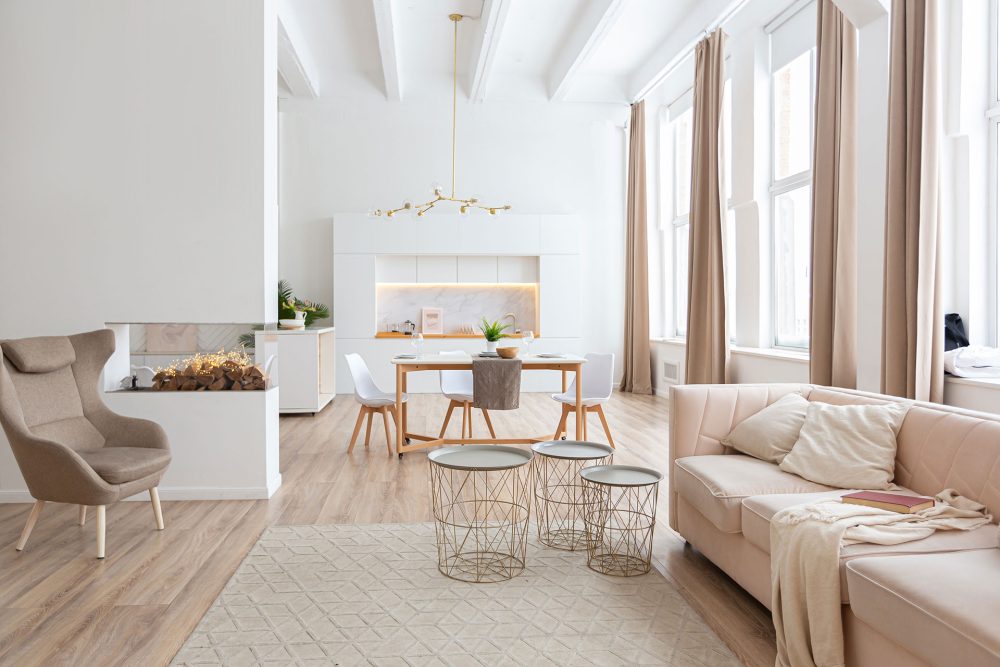Key factors driving the Contract furniture and furnishings market in Europe

According to CSIL, the production of contract furniture and furnishings in Europe is worth about EUR 10 billion and it is continuously improving its performance over the last years.
What Contract furniture is exactly? the term “Contract” is used when a simple provision of furnishings under the contracting formula (responsibility for all the work involved in a specific job order) is accompanied by a series of services such as support for designing spaces and finding and coordinating sub-contractors for the completion of the projects.
This is a transversal business because it involves different kind of products (upholstery, mattresses, bedrooms, seating, tables, lamps, office, bathroom, kitchen, outdoor furniture…) and different destination segments like hospitality, retail, restaurants and bars, office, public spaces, marine, real estate, airports, healthcare and entertainment.
Furniture firms involved in the contract furniture and furnishings market can offer pure “turn-key” contract (around 70% of the supply, according to CSIL) providing totally finished projects, using predominantly custom production or including products of other firms, or the so called “soft contract”, do not managing the project directly and offering mainly standard product collections.
A common key thread emerging in the very heterogeneous contract industry is the importance of architects and interior designers in the process of selecting producers. The final choice of the projects’ suppliers is up to the clients, but architectural studios can decisively influence decisions. This is why many producers have opened and are opening showrooms in London, one of the centers of the global architectural arena.
The overall positive performance of the European furniture industry observed over the last two years was driven by all the main segments. Contract furniture was no exception, with different dynamic across different destination segments and different countries, the UK and German markets playing a key role.
Main driver of the growth in the contract furniture business is the performance of the Retail, the Hospitality and the Office segments, representing over 60% of contract furniture sales made by the European companies.
Public spending is experiencing some improvement, however the effects of the austerity measures adopted are still evident and weigh on public facility construction and refurbishments.
On the competitive system side, the market has become increasingly concentrated over the last five years and the top 20 firms’ share on the European production is rising.
One of the main opportunities for the European companies involved in the contract furniture business are the extra-European projects. even indicated by the positive international trade balance. CSIL estimates that over 20% of local production is destined for projects in the Middle East, Asia, America, Central-Eastern Europe, Russia and North Africa.
